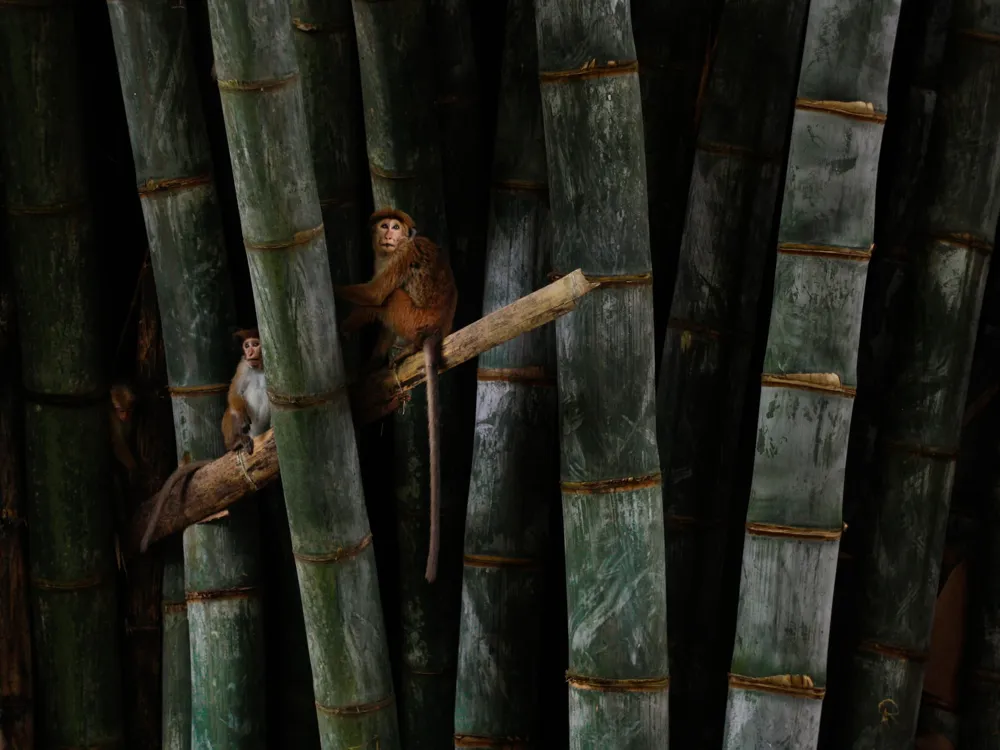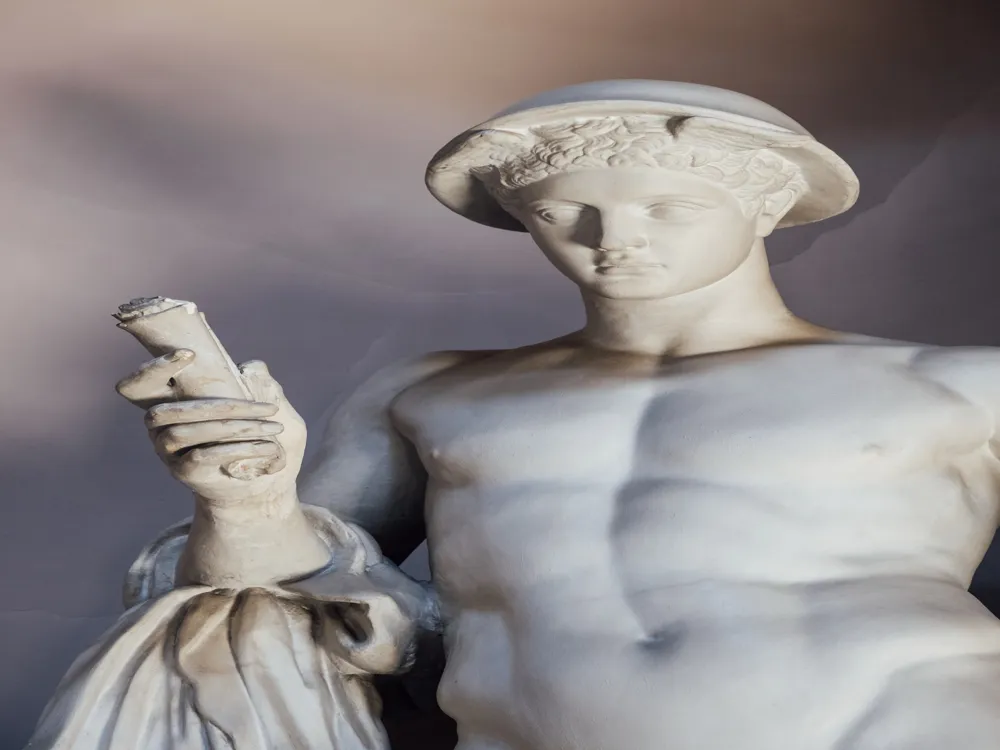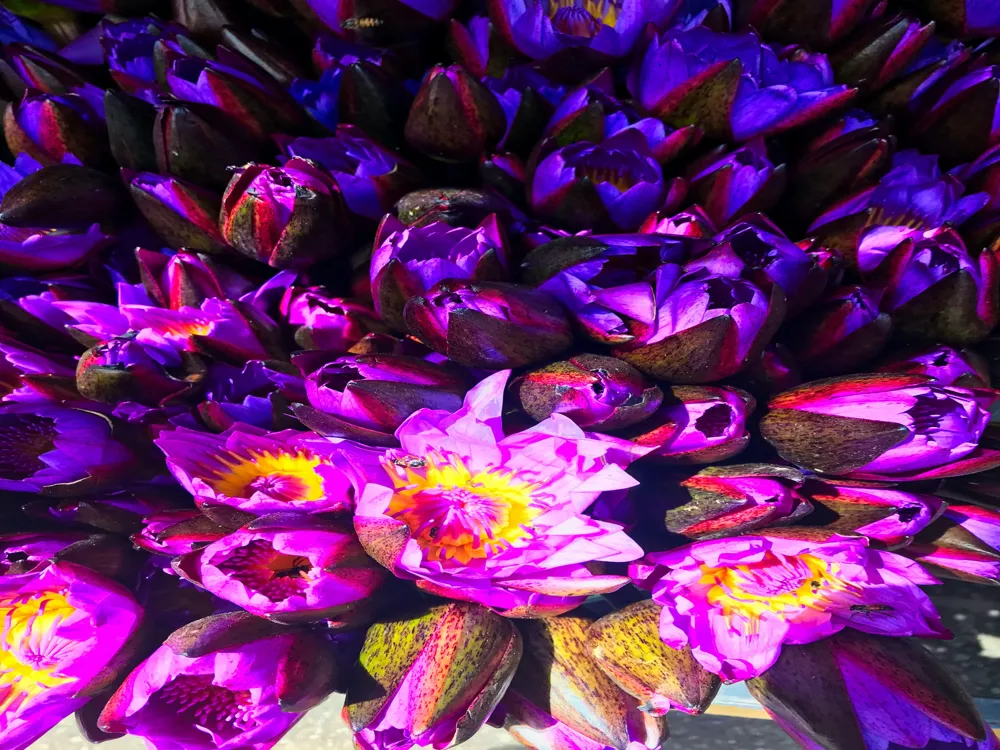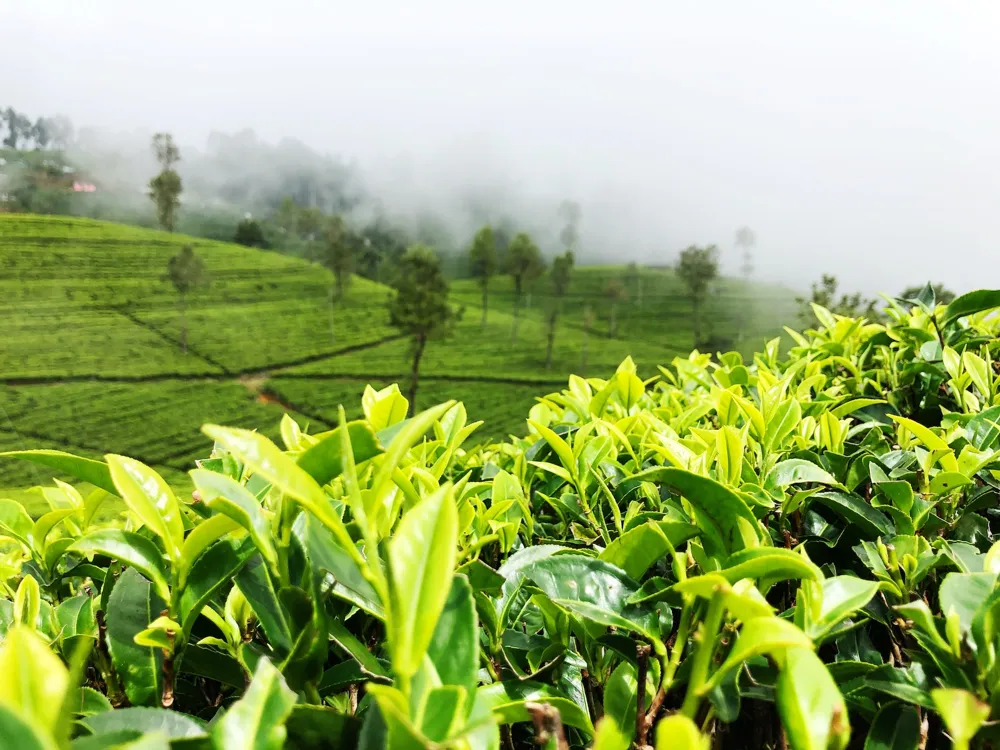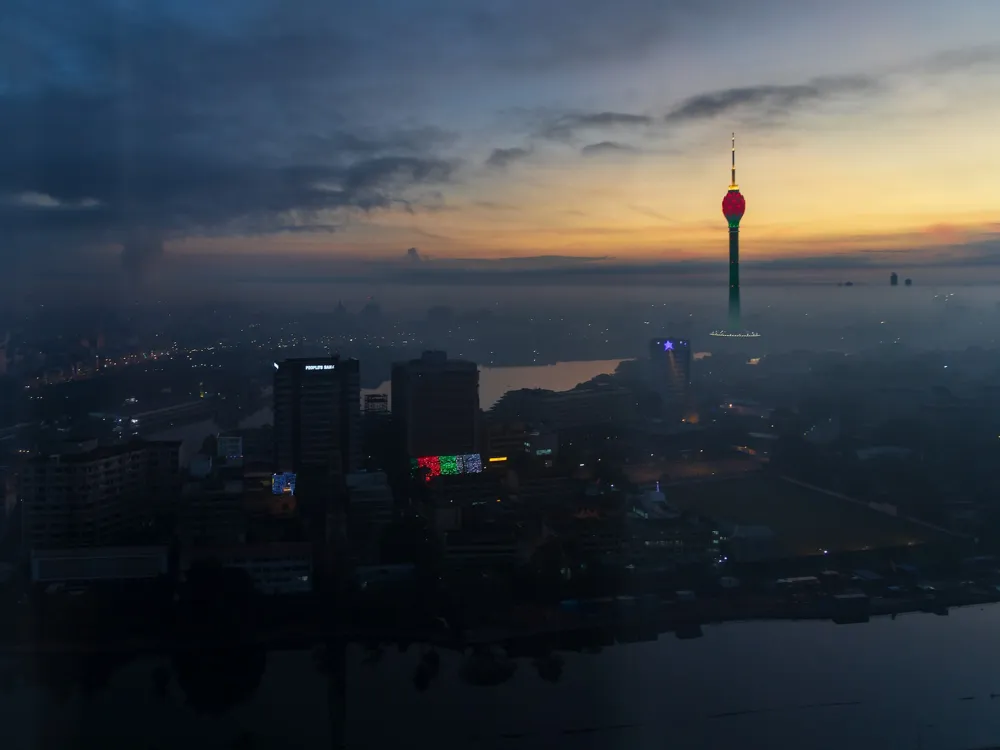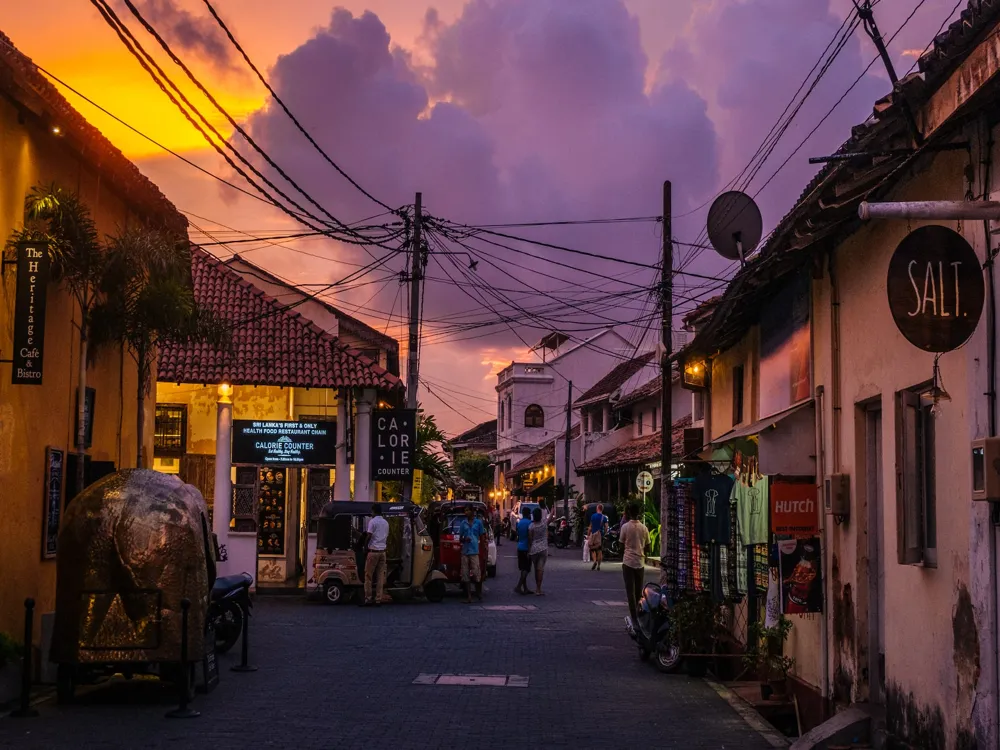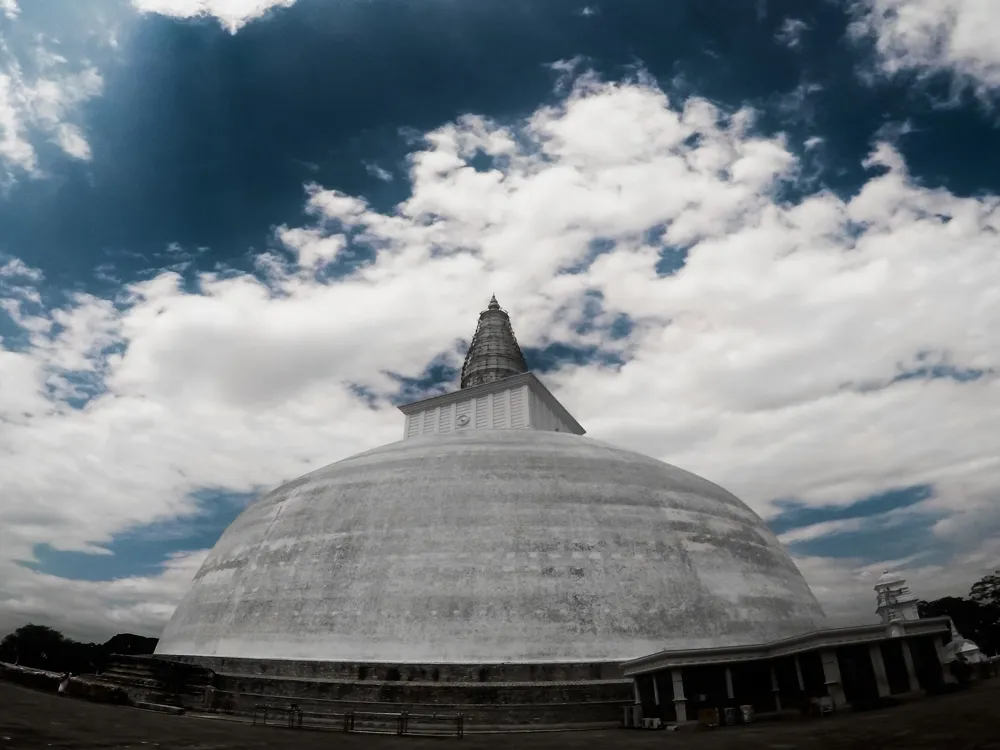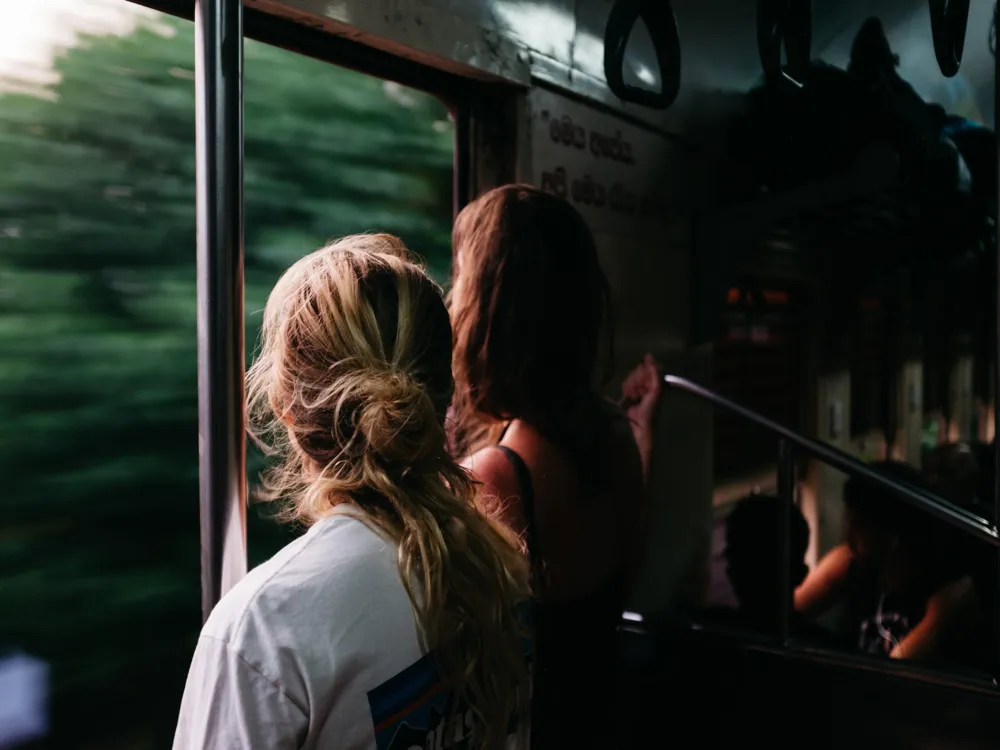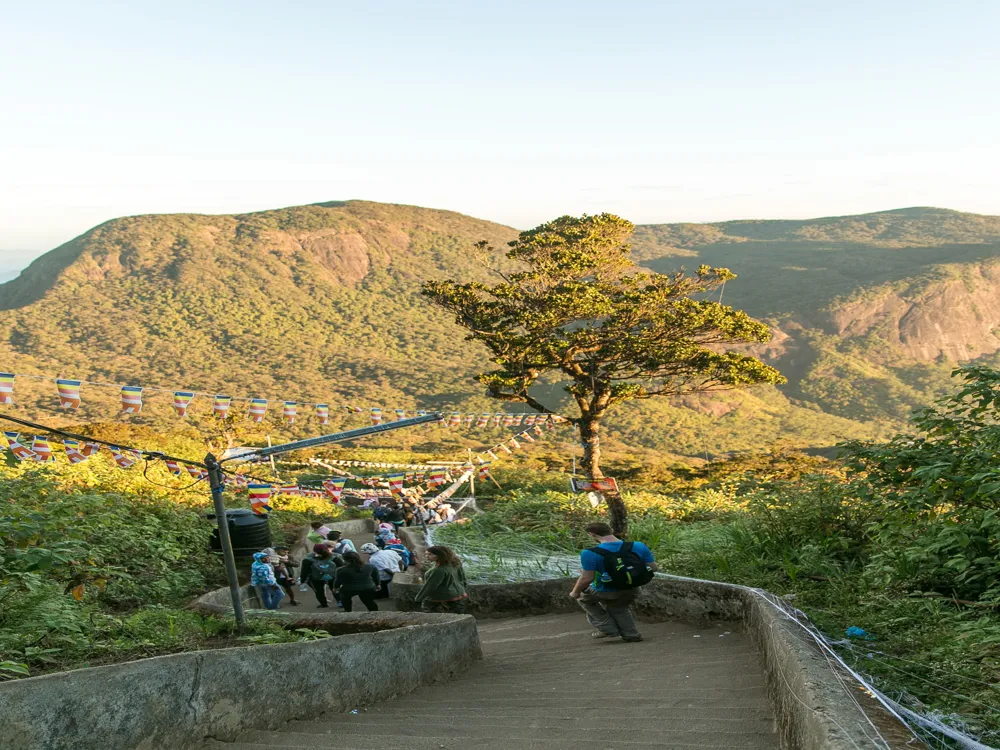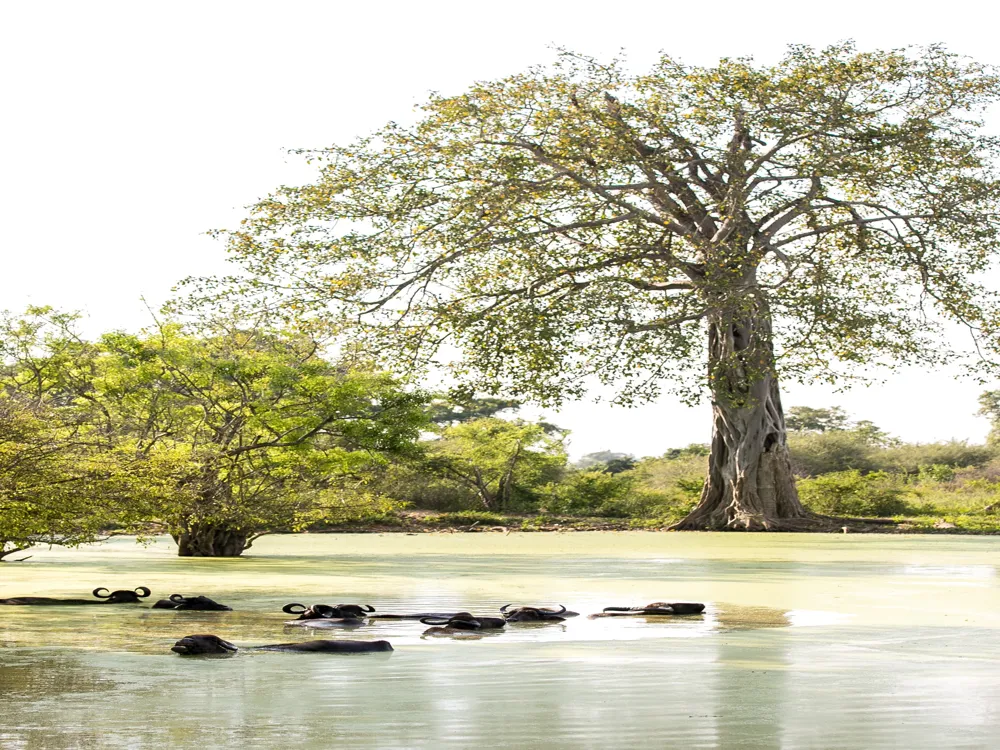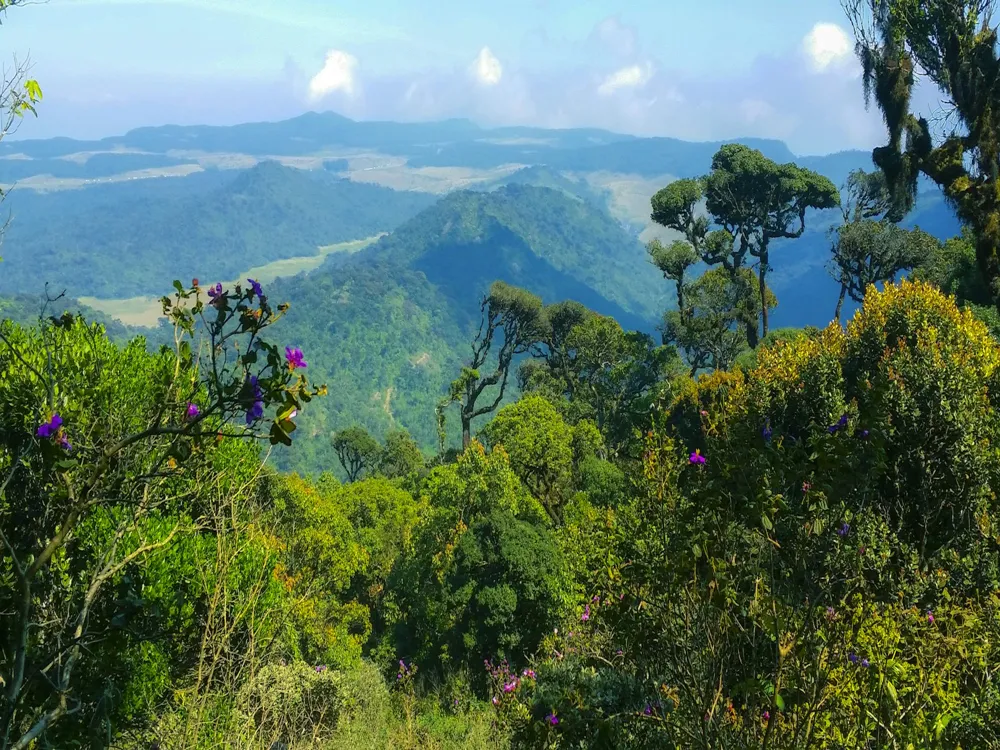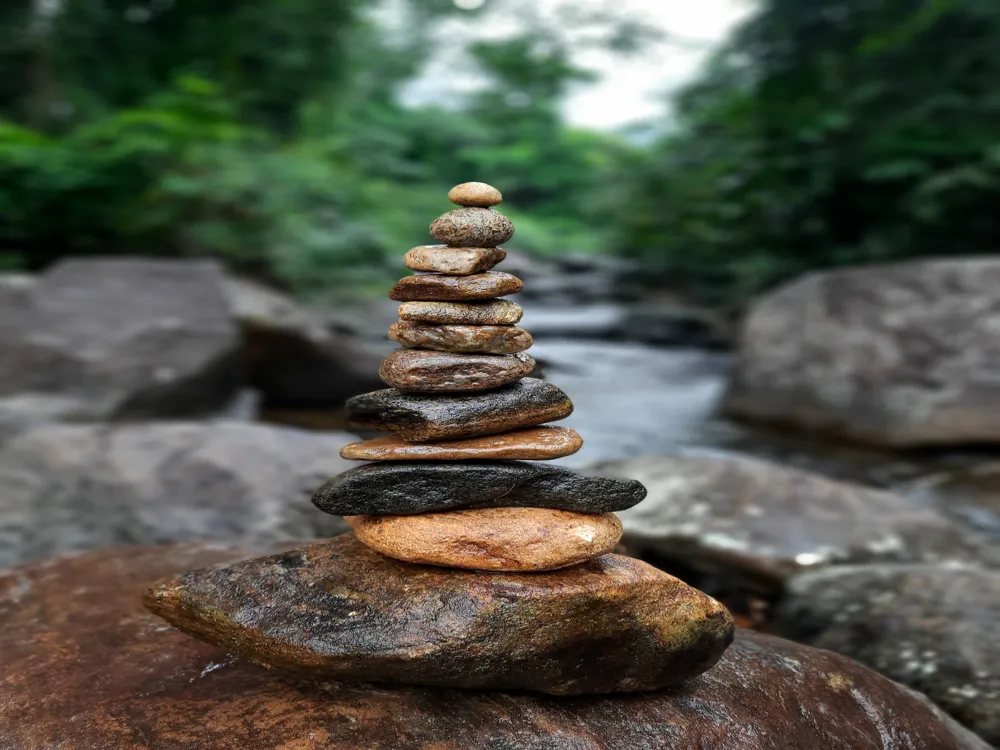Galmaduwa Raja Maha Viharaya, a hidden gem in the heart of Kandy, Sri Lanka, offers a unique blend of historical, cultural, and spiritual significance. This temple, known for its remarkable architecture and rich history, dates back to the 18th century and was initiated under the reign of King Keerthi Sri Rajasinghe. The temple is revered for its serene ambiance and is a testament to the artistic talents of the era. It stands as a symbol of the fusion of traditional Kandyan and South Indian architectural styles, making it a must-visit for history enthusiasts and spiritual seekers alike. The architecture of Galmaduwa Raja Maha Viharaya is a fascinating subject, blending Sri Lankan and Indian styles. The temple's structure is noted for its octagonal shape, unique in Sri Lankan temple architecture. The intricate carvings on wood and stone depict various religious and cultural themes, showcasing the craftsmanship of the Kandyan era. The main shrine room, adorned with murals and statues, creates an atmosphere of spiritual serenity. The use of natural light through strategically placed openings enhances the mystical ambiance within. This architectural marvel not only serves as a place of worship but also stands as a testament to the artistic and cultural heritage of Sri Lanka. Each element of Galmaduwa Raja Maha Viharaya's architecture holds significant cultural and religious symbolism. The octagonal shape represents the eightfold path of Buddhism, guiding devotees towards enlightenment. The murals, rich in color and detail, depict stories from Buddhist lore, emphasizing moral and spiritual teachings. The carvings and sculptures are not just decorative elements but are imbued with deep religious significance, illustrating the life of Buddha and various Buddhist deities. This intricate interplay of architecture and spirituality makes Galmaduwa Raja Maha Viharaya a fascinating study for both devotees and art historians. The blend of Kandyan and South Indian architectural styles in Galmaduwa Raja Maha Viharaya is a rare and intriguing feature. The Kandyan style, native to the region, is characterized by its elegance and simplicity. In contrast, the South Indian influence brings in ornate and elaborate detailing. This fusion is seen in the temple's overall design, ornamentation, and structural elements, creating a unique aesthetic that sets it apart from other religious structures in Sri Lanka. This architectural synthesis not only enhances the temple's beauty but also symbolizes the historical cultural exchanges between Sri Lanka and India. Visitors to Galmaduwa Raja Maha Viharaya should adhere to a respectful dress code. It is advisable to wear modest clothing that covers shoulders and legs. Removing shoes before entering the temple premises is a sign of respect and is mandatory for all visitors. Photography is allowed in most areas of the temple, but it's important to be respectful and avoid flash photography, especially inside the shrine rooms. Always ask for permission before taking photos of monks or devotees. Opting for a guided tour can enhance your experience, providing insights into the temple's history, architecture, and religious practices. Guides are usually available at the temple or can be arranged through travel agencies. Galmaduwa Raja Maha Viharaya, located near Kandy, is accessible by various modes of transportation. Visitors can take a bus from Kandy city center, which is a convenient and affordable option. Alternatively, hiring a taxi or a tuk-tuk offers more flexibility and comfort. For those driving, ample parking space is available near the temple premises. The temple's serene location amidst lush greenery makes the journey as rewarding as the destination itself. Read More:Overview of Galmaduwa Raja Maha Viharaya
Architecture of Galmaduwa Raja Maha Viharaya
Significance of Architectural Elements
Influence of Kandyan and South Indian Styles
Tips When Visiting Galmaduwa Raja Maha Viharaya
Dress Code
Photography
Guided Tours
How To Reach Galmaduwa Raja Maha Viharaya
Galmaduwa Raja Maha Viharaya
Kandy
₹ 13,368 onwards
View kandy Packages
Kandy Travel Packages
View All Packages For Kandy
Top Hotel Collections for Kandy

Private Pool

Luxury Hotels

5-Star Hotels

Pet Friendly
Top Hotels Near Kandy
Other Top Ranking Places In Kandy
View All Places To Visit In kandy
View kandy Packages
Kandy Travel Packages
View All Packages For Kandy
Top Hotel Collections for Kandy

Private Pool

Luxury Hotels

5-Star Hotels

Pet Friendly








